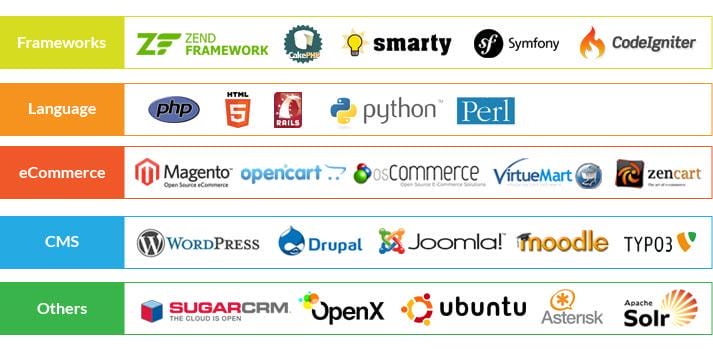In the digital age, open source software has revolutionized the way we develop and utilize technology. With its transparent, collaborative approach, open source software offers a host of benefits while also presenting unique challenges. Join us as we delve into the world of open source software, exploring the advantages and obstacles that come with this dynamic and evolving paradigm.
Key Advantages of Open Source Software
One key advantage of open source software is the cost-effectiveness it offers. Since open source software is typically free to use and distribute, businesses and individuals can significantly reduce their expenses by opting for open source solutions. This cost savings can be particularly beneficial for startups and small businesses looking to minimize their overhead costs.
Another major advantage of open source software is the flexibility and customization it allows. With open source software, users have the freedom to modify the source code to suit their specific needs and preferences. This level of customization can lead to increased efficiency and productivity, as users are able to tailor the software to better align with their workflows and processes.

Barriers to Adoption and Implementation
When considering the adoption and implementation of open source software, there are several barriers that organizations may face. One common challenge is the lack of dedicated resources and expertise required to effectively utilize the software. Many companies may not have the technical knowledge or skills necessary to successfully implement and maintain open source solutions. Additionally, the perceived lack of support and accountability from the open source community can deter organizations from fully embracing these technologies.
Another barrier to adoption is the potential security risks associated with open source software. Since the source code is accessible to anyone, there is a higher risk of vulnerabilities being exploited by malicious actors. Organizations may also be concerned about the reliability and stability of open source software, as updates and patches are reliant on community contributions rather than a dedicated development team. Despite these challenges, the benefits of open source software, such as cost savings and flexibility, can outweigh the barriers with proper planning and support.

Strategies for Effective Utilization of Open Source Software
When it comes to utilizing open source software effectively, there are several key strategies that can help organizations make the most out of these valuable resources. One important approach is to establish clear guidelines and policies for the use of open source software within the organization. This can help ensure that all team members are on the same page and understand the benefits and potential challenges that come with using open source software.
Another important strategy is to actively engage with the open source community. By participating in forums, contributing code, and collaborating with other users, organizations can not only stay up to date on the latest developments in open source software but also build valuable relationships that can help them overcome any challenges they may encounter along the way.
Key Takeaways
In conclusion, open source software offers a multitude of benefits such as cost-efficiency, transparency, and fostering innovation. However, it also comes with its own set of challenges, including security risks and potential lack of support. Despite these challenges, the open source community continues to thrive, shaping the future of technology and driving collaboration across the globe. As we navigate through the complexities of open source software, let us embrace the opportunities it presents and work towards a more inclusive and interconnected digital world. Cheers to the open source revolution!

